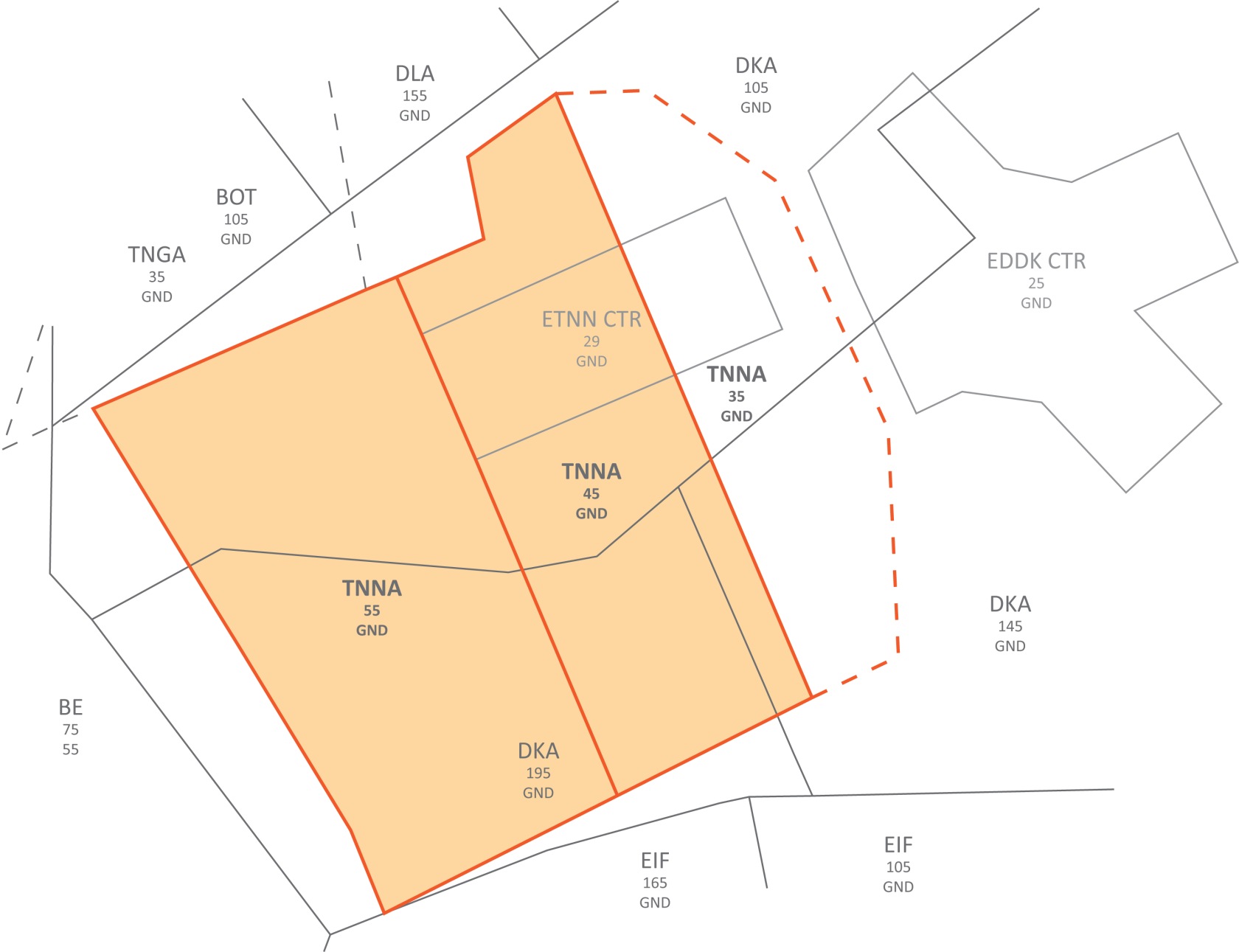Approach
Nörvenich Radar is responsible for all airborne traffic within the Nörvenich approach sector as well as coordinating all enroute clearances for IFR departures out of Nörvenich airport.
Nörvenich Radar shall always inform the controller of EDGG sector Köln Arrival when opening and closing the position.
Airspace
The airspace controlled by Nörvenich Radar is class E which is lowered to 1000ft AGL in the majority of the area of responsibility with a small section of class E starting only from 2500ft AGL in the South. Additionally, within the Eastern sector, parts of the area of responsibility are class C within the Köln/Bonn TMA.
Airspace boundary
Nörvenich Radar may use the entire lateral range of the sector. Langen Radar is responsible for maintaining full lateral separation to the sector border.
Departure procedures
Enroute clearances
Enroute clearances must always be coordinated with all concerned adjacent sectors. Exact routings to the first fix in the flight plan must be adapted to the individual traffic situation but usually a DCT to the first waypoint is the best solution. The initial climb shall always be at least 3000ft during 06 operations and 4000ft during 24 operations and should not exceed 5000ft. Initial flight levels beyond the upper boundary of the Nörvenich Radar sector must be coordinated with all concerned sectors. All IFR departures shall use the applicable OID for the departure runway; during 24 operations, NN124 shall be used primarily.
The enroute clearance will be requested by Nörvenich Tower and has to be communicated to Nörvenich Tower once it has been coordinated. Nörvenich Tower will then relay the clearance to the pilot.
Departure release
During 06 operations, Nörvenich Radar shall obtain a further departure release from DKA before granting a departure release to Nörvenich Tower. If possible, Nörvenich Radar should also instruct Nörvenich Tower to hand off departures directly to DKA.
Transfer to civilian ATC
Handoffs for departures shall always be coordinated individually (preferably while coordinating the enroute clearance) and then take place as agreed, but usually a handoff at the sector border is the best solution.
Arrival procedures
Transfer from civilian ATC
Civilian ATC will hand off traffic from the South inbound IZWOK at FL70 and traffic from the North inbound NVO at 5000ft. All inbounds are fully released.
Approach
Nörvenich has a TACAN approach to both runways. Civilian aircraft types will usually not be able to fly TACAN approaches and will thus have to use the ILS 24 with a circling during 06 operations.
During 24 operations, the ILS approach should be used primarily; however, there is also a PAR approach available for both runways.
Since Nörvenich Precision is currently not implemented on VATSIM, PAR approaches can only be conducted if traffic levels permit - if necessary, Nörvenich Radar can coordinate with civilian ATC to keep other inbound traffic outside of the airspace while a PAR approach is taking place; whether this is possible, however, depends on the current workload of civilian ATC.
Additionally, in order to move traffic onto final approach during 24 operations, Nörvenich Radar needs to activate sector A (the Easternmost sector which is not part of Nörvenich Radar's airspace by default). Nörvenich Radar shall inform DKA immediately when activating and deactivating sector A and shall make sure to open the sector only for the absolute minimum amount of time required.
TNNA: DKA, Nörvenich Radar.
DKA: Go ahead.
TNNA: Sector A now active.
DKA: Roger.
TNNA: DKA, Nörvenich Radar.
DKA: Go ahead.
TNNA: Sector A deactivated.
DKA: Roger.

